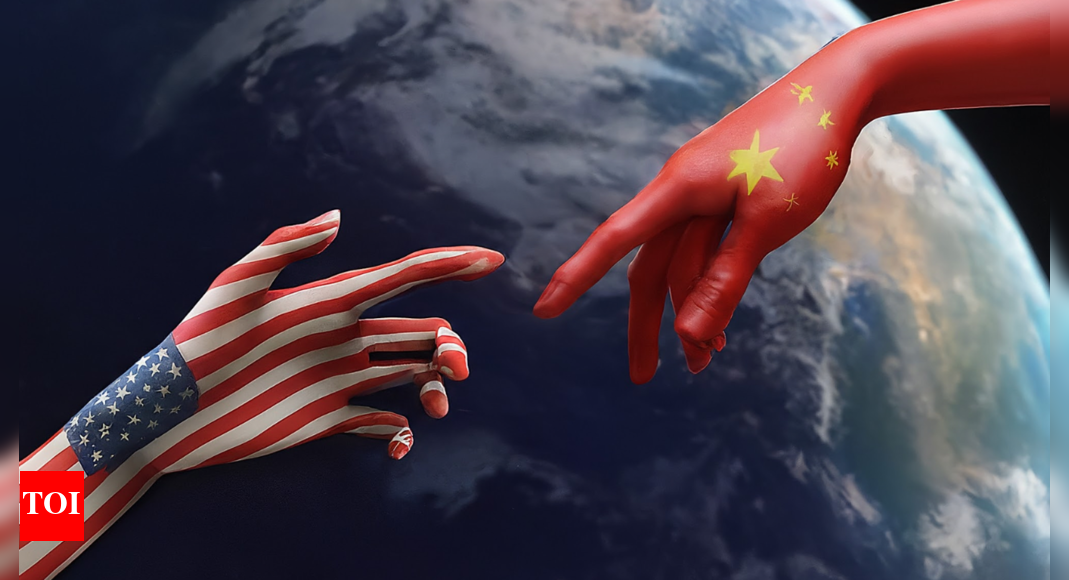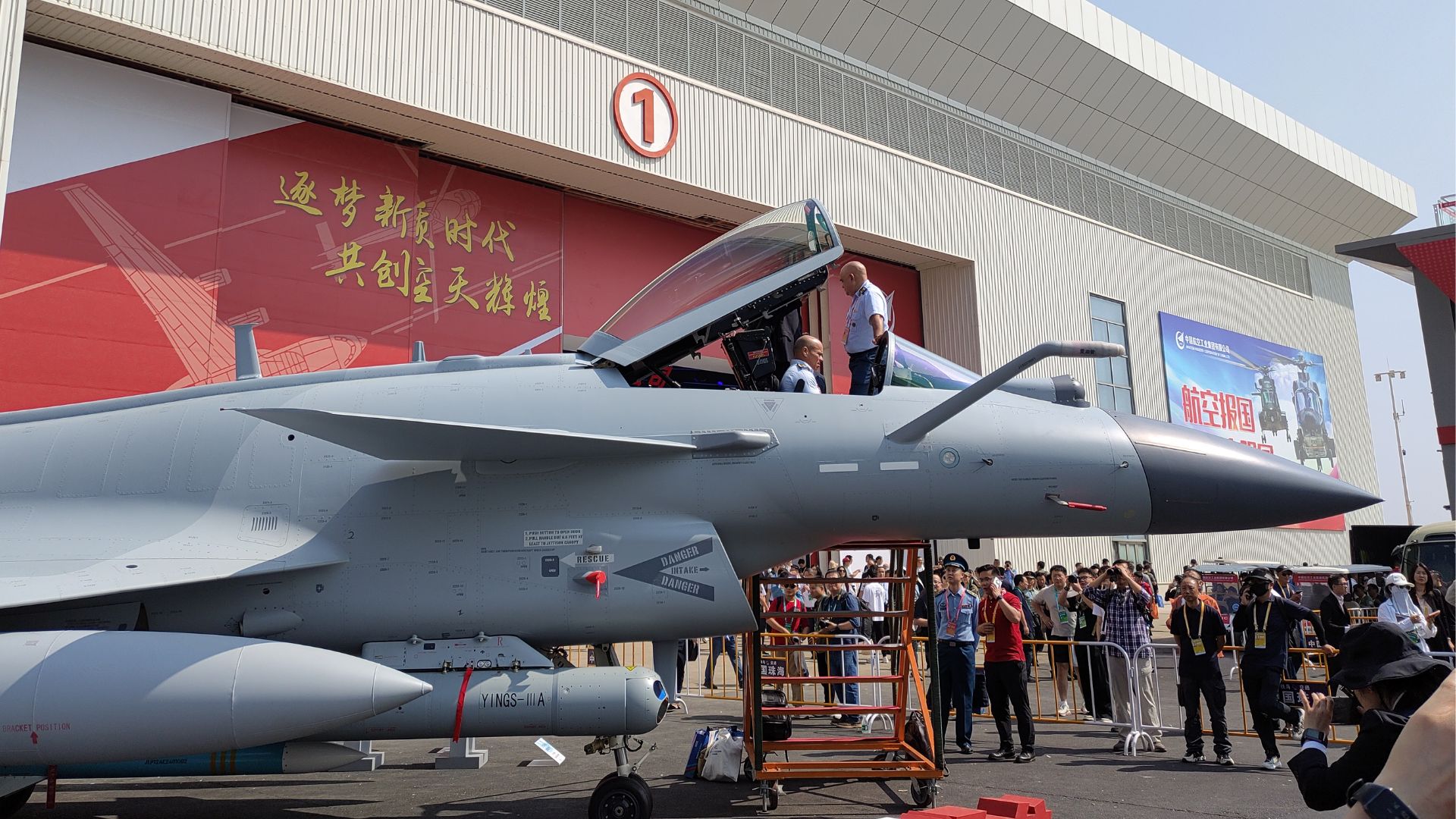Drew Greenblatt, who runs Marlin Steel Wire Products in Baltimore, supported the tariffs. His company uses American steel and supplies parts to industries like aerospace and food processing. Greenblatt argues that foreign trade policies have long favored overseas competitors. In Europe, he says, tariffs make US goods less competitive. For him, a fairer deal could boost growth and employment at home.
But the policy has sparked concern for others. Corry Blanc, who owns a small cookware company in Virginia, says the uncertainty is damaging. Although he uses American-made materials, he doesn’t have the production capacity to meet sudden spikes in demand. He also fears losing customers abroad due to shifting trade dynamics.
Michael Lyons in Maine has already been hit. His US-made leather goods lost a longtime Canadian buyer due to rising cross-border friction. With trade tensions growing, he’s holding off on expansion.
Bayard Winthrop, CEO of clothing brand American Giant, sees opportunity. He blames globalization for gutting American textile manufacturing, which has seen domestic production collapse over the last three decades. For him, tariffs offer a chance to rebuild what was lost.
Meanwhile, global tensions continue to escalate. China has warned countries against making trade deals with the US “at China’s expense,” vowing “reciprocal countermeasures.” Beijing criticized US “unilateralism and protectionism,” adding, “Appeasement will not bring peace.”

